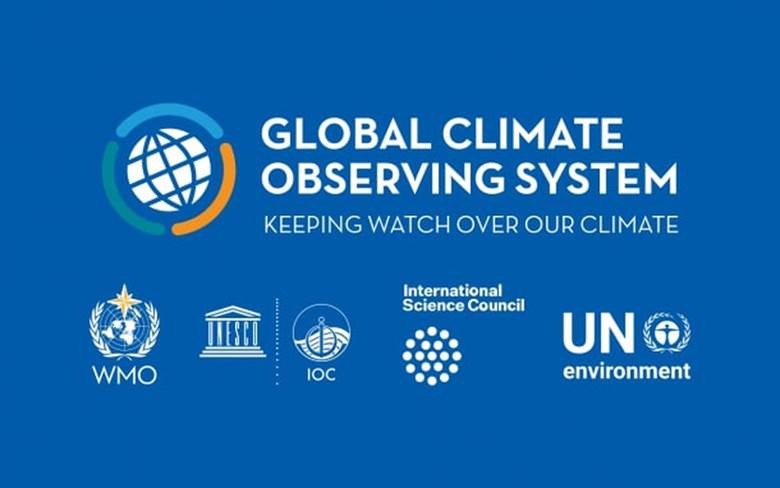GLOBAL CLIMATE OBSERVING SYSTEM (GCOS)

Copyright infringement not intended
Context: According to a declaration released by the Global Climate Observing System (GCOS) conference, Climate observing system remains fragile and needs financing for strengthening and sustaining it.
Details:
- The Global Climate Observing System (GCOS) is a co-sponsored programme which regularly assesses the status of global climate observations and produces guidance for its improvement.
- It is co-sponsored by the
- World Meteorological Organization (WMO),
- Intergovernmental Oceanographic Commission of UNESCO (IOC-UNESCO),
- United Nations Environment Programme (UN Environment), and
- International Science Council (ISC).
- GCOS expert panels maintain definitions of Essential Climate Variables (ECVs) which are required to systematically observe Earth`s changing climate.
- The observations supported by GCOS contribute to solving challenges in climate research and also underpin climate services and adaptation measures.
- GCOS conference was hosted by Exploitation of Meteorological Satellites (EUMETSAT), from 17-19 October 2022.
- Operational monitoring of the climate and detection of global climatic changes are thefundamental objectives of
Findings:
- The status of climate observation systems has not improved much in Africa, South America and Southeast Asia since 2015, according to State of Global Observation Systems, 2021.
- Africa, South America and South-East Asia urged prioritising advancements in climate observation systems. Prioritisation must also be given to polar and deep ocean observing systems.
- There is a need to focus on improving data quality, availability, accessibility and utility. The climate observations are underexploited as the processing of the available data has been inconsistent, the declaration underlined.
- More efforts are required to ensure the data is available for reanalysis in an easy-to-use format. Long-term time-series data on climate change is essential to understand and address the existential crisis.
- The conference called for access to climate data through global data repositories. In addition, access to climate data must be made free and open.
- The climate observations made by national agencies need support along with regional and global coordination, experts said. They called for advancements in local climate change information networks.
- GCOS Implementation Plan2022, released by the WMO, also identified gaps in earth observations and areas that require improvement. The plan will be presented at COP27.




1.png)
